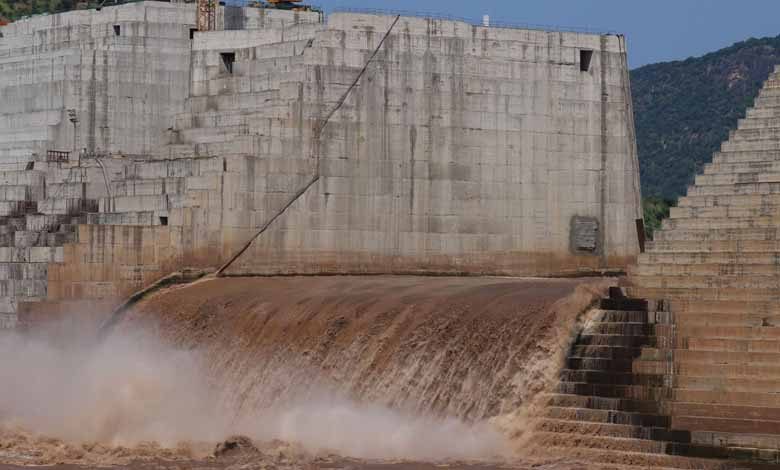Why do Egypt and Sudan refuse to agree with Ethiopia on the second filling only?

Egypt and Sudan have rejected an Ethiopian proposal to divide the agreement on Al-Ennahda Dam or to agree only on the expected second meeting next July.
The Egyptian expert, Abbas Sharqi, explains the reasons for the rejection: that the second filling means that the water stored in the lake of the dam by the end of the next flood season will reach 18 billion cubic meters, which is a large number, which will lead to a decrease in the level of the Blue Nile, and a decrease in the share of Egypt and Sudan’s water for this year. Also, drinking water stations in Sudan are out of service, and direct damage to the Sudanese Roseires Dam, in addition to a shortage of electricity at the High Dam as a result of the low level of Lake Nasser, thus reducing the production of electrical energy for Egypt this year.
According to Al-Hadath site, Sharqi said the amount of water Ethiopia intends to store in the second will cause huge financial losses to Egypt, due to the suspension of 3 million rice feddans, which would have been exported abroad.
He continued : The continuation of this Ethiopian approach may encourage other States in the Nile Basin to establish individual dams without agreement with the two downstream States.
“One of the effects of the second mobilization is that the weight of the Ennahda and Sarge dams in Ethiopia could also constitute an additional burden on the region, which weighs about 150 million tons, in addition to 18.5 billion cubic meters, which is the weight of the total water that will be stored this summer, which activates the movement of streams, cracks and the possibility of earthquakes in the region,” he said.












